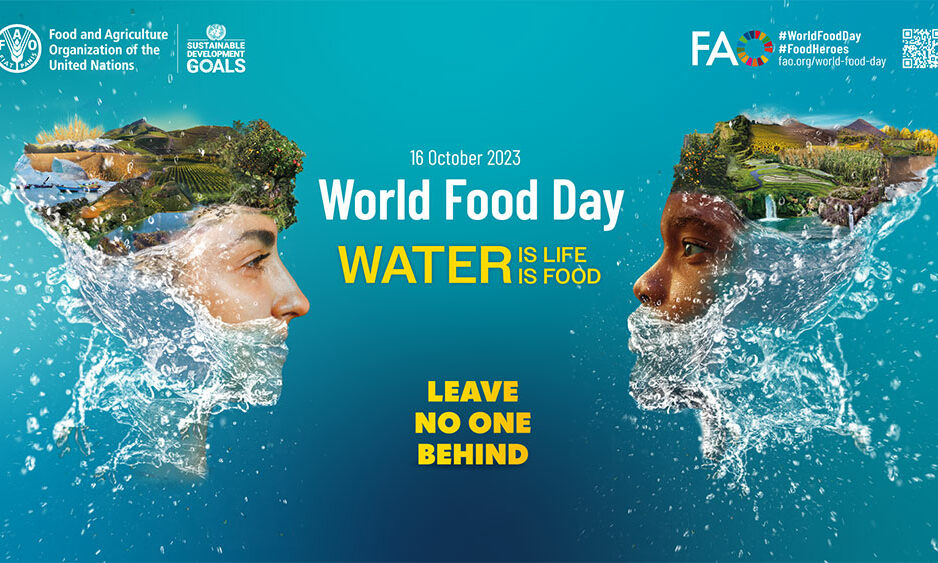Free Courses Sale ends Soon, Get It Now


Free Courses Sale ends Soon, Get It Now



Copyright infringement not intended
Picture Courtesy: www.genevaenvironmentnetwork.org
Context: World Food Day, established in 1979 by the Food and Agriculture Organization (FAO) of the United Nations, is celebrated annually on October 16 in more than 150 countries to raise awareness about global poverty and hunger issues.
About World Food Day
Importance of World Food Day
Challenges in Achieving Global Food Security
Strategies and Initiatives
Conclusion
Must Read Articles:
FOOD SECURITY: https://www.iasgyan.in/daily-current-affairs/food-security-49
|
PRACTICE QUESTION Q. What are the key challenges faced by India in ensuring food security for its vast and diverse population, and what strategies and policies has the country implemented to address these challenges effectively? |
© 2024 iasgyan. All right reserved